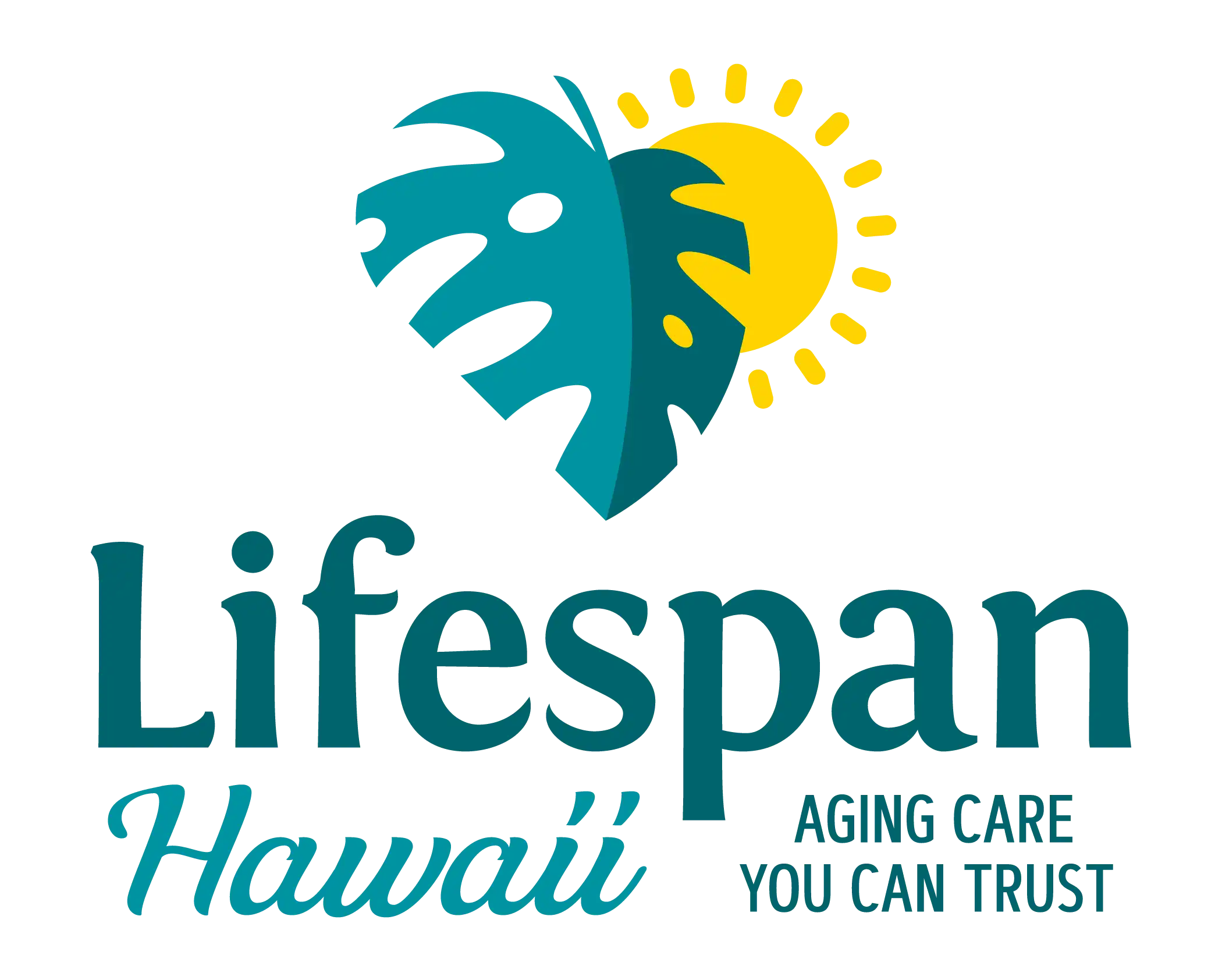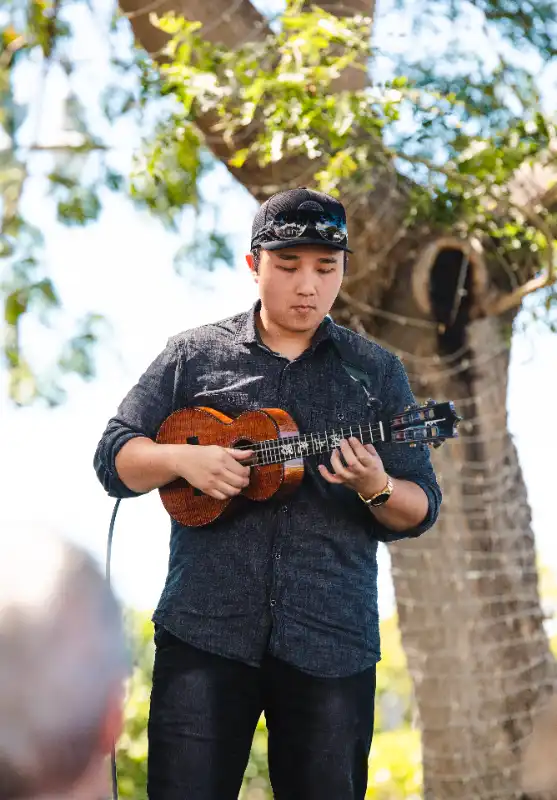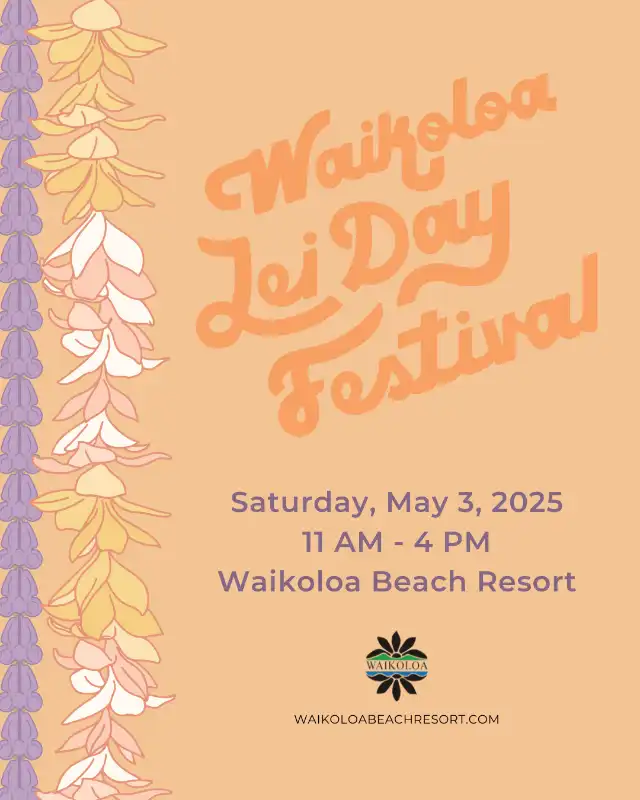Efforts Underway to Improve Pelekāne Bay Water Quality

Sediment runoff enters Pelekāne Bay following a wildfire and flash flooding in 2015. Overgrazing by feral ungulates and cattle are the most significant contributors to erosion, which can be exacerbated by heavy rainfall and wildfires. PC: Andrew Richard Hara, April 2019
One of Hawai‘i’s most degraded watersheds, Pelekāne Bay watershed, is receiving some much-needed attention.
The Hawai‘i State Department of Health, through its Polluted Runoff Control Program and in partnership with the U.S. Environmental Protection Agency, is helping restore watersheds in the state and supporting the implementation of polluted runoff control projects in key watersheds.
DOH is collaborating with the state Department of Land and Natural Resource and Hawai‘i Island-based The Kohala Center to implement a rotational and targeted grazing program to support erosion control in the Pelekāne Bay watershed, in which a majority of the land is privately owned and used for cattle grazing.

The shores of Pelekāne Bay in August 2015. Severe rainfall and flash flooding followed a 4,500-acre wildfire ma uka of Kawaihae, pushing debris ma kai. PC: The Kohala Center, April 2019
The primary purpose of the two-year project is to protect and improve the quality of water resources and reduce nonpoint source pollution flowing into Pelekāne Bay in order to protect coral reefs, enhance recreational usage, and contribute to historic and cultural preservation. Program objectives include installing and repairing nearly 9,000 feet of paddock fence, dividing a 2,052-acre paddock into two sections for rotational grazing, installing watering troughs to attract cattle to desired grazing areas and away from Makeahua Stream, establishing a monitoring program to track program effectiveness, and hosting outreach and education events to keep the community informed of the project’s progress.
Preventing wildfires by reducing fuel load—flammable vegetation such as non-native fountain grass and leaf litter—is a priority for managing erosion in the watershed. Establishing a rotational, targeted cattle grazing program can help reduce fuel load in the watershed significantly.

Erosion in the Pelekāne watershed primarily caused by feral ungulates and cattle overgrazing in areas with low precipitation. Compared to continental systems, watersheds in Hawai‘i are steep and short. The watersheds of Kohala Mountain have the steepest rainfall gradient in the world, from more than two hundred inches per year at the peak to two inches at the coast. PC: The Kohala Center, April 2019
“The Kohala Center and its stakeholders have a shared purpose of ma uka to ma kai stewardship that reconnects ‘āina and communities to strengthen all our total ecological, cultural, economic, and social well-being,” said Cheryl Ka‘uhane Lupenui, The Kohala Center’s president and CEO. “Working with landowners to implement a more formally managed grazing program and strategies to mitigate potential wildfires will have a significant effect on erosion control, sediment runoff, and the overall health of South Kohala’s terrestrial and marine environments.”
Located in Kohala on Hawai‘i Island, the Pelekāne Bay watershed has been a priority focus area for The Kohala Center’s conservation and restoration efforts for over a decade. Through the Kohala Watershed Partnership, The Kohala Center works with private landowners and public-sector land managers to mitigate soil erosion and reduce fire risk in the watershed by removing invasive species, planting native vegetation, installing and maintaining cattle fencing and sediment check dams, and continued implementation of an adaptive landscape-scale watershed management plan for Kohala Mountain.












